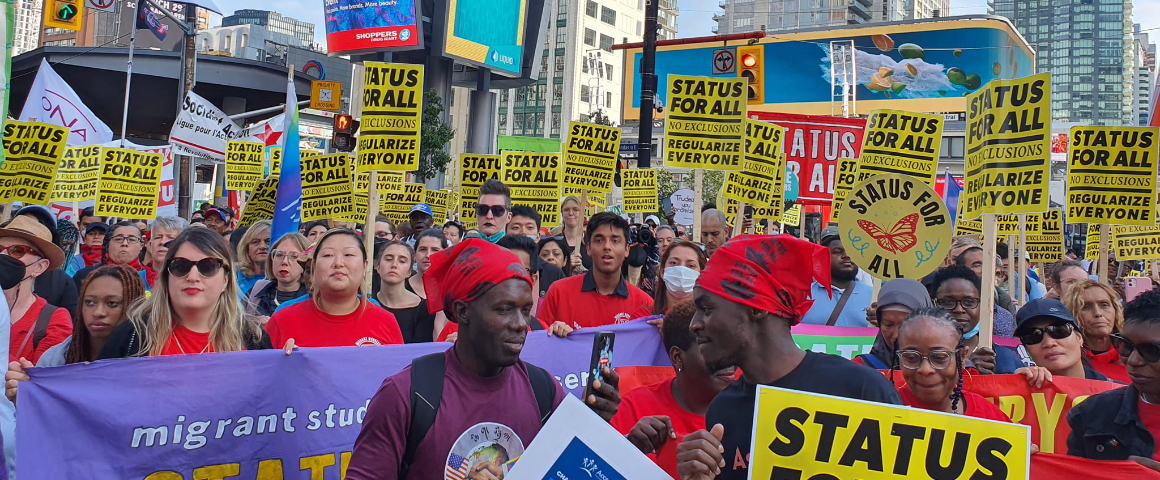A new report from Oxfam Canada says that addressing the unequal economics of women’s work is essential to closing the gap in earnings and opportunities between women and men, and between rich and poor.
Available at www.oxfam.ca, the report says, “the global economy is not working for women. Gender inequality affects the jobs women have access to, the money they earn, and the way society values their work. Women who find employment are too often rewarded, not with independence and empowerment, but with poverty wages, unequal pay and insecure jobs. Even in the poorest communities, where poverty wages are a reality for men and women alike, women perform a disproportionate share of the crucial, yet unpaid and undervalued, work of caring for children, the sick and the aging..
“Women living in poverty are subsidizing the global economy with labour that is either free or cheap, a fact that helps explain why economic growth does not necessarily reduce inequality… Addressing the unequal economics of women’s work is essential to closing the gap in earnings and opportunities between women and men, and between rich and poor.
“Women across the world now enjoy higher levels of education and increased access to the workforce, yet their efforts to build a better life continue to be hampered by the unequal distribution of unpaid work, gender barriers to many fields of work, the undervaluing of jobs held predominantly by women, and the often unspoken social norms that offer men higher wages and rates of promotion..
“In developing countries, the combined impact of these factors, along with lower levels of education, often traps women in precarious jobs without formal protections. For example, in Mali over 89% of women are in informal employment, compared to 74 percent of men.
“In Canada, the pay equity gap is a reality across all sectors, compounded by other forms of discrimination. For Aboriginal women, the gap actually increases the more educated they are. All Aboriginal women employed full-time earn 26 percent less than non-Aboriginal men, but Aboriginal women with a university degree earn 33 percent less.”
Oxfam points out that 82% of Canadian women hold paid jobs and women now make up close to half the workforce. Yet women are paid less than men in 469 of the 500 occupations monitored by Statistics Canada. Women usually make up a larger proportion of those working part-time, not out of choice, but because family care responsibilities fall to them. Women are three times as likely as men to work part-time.




